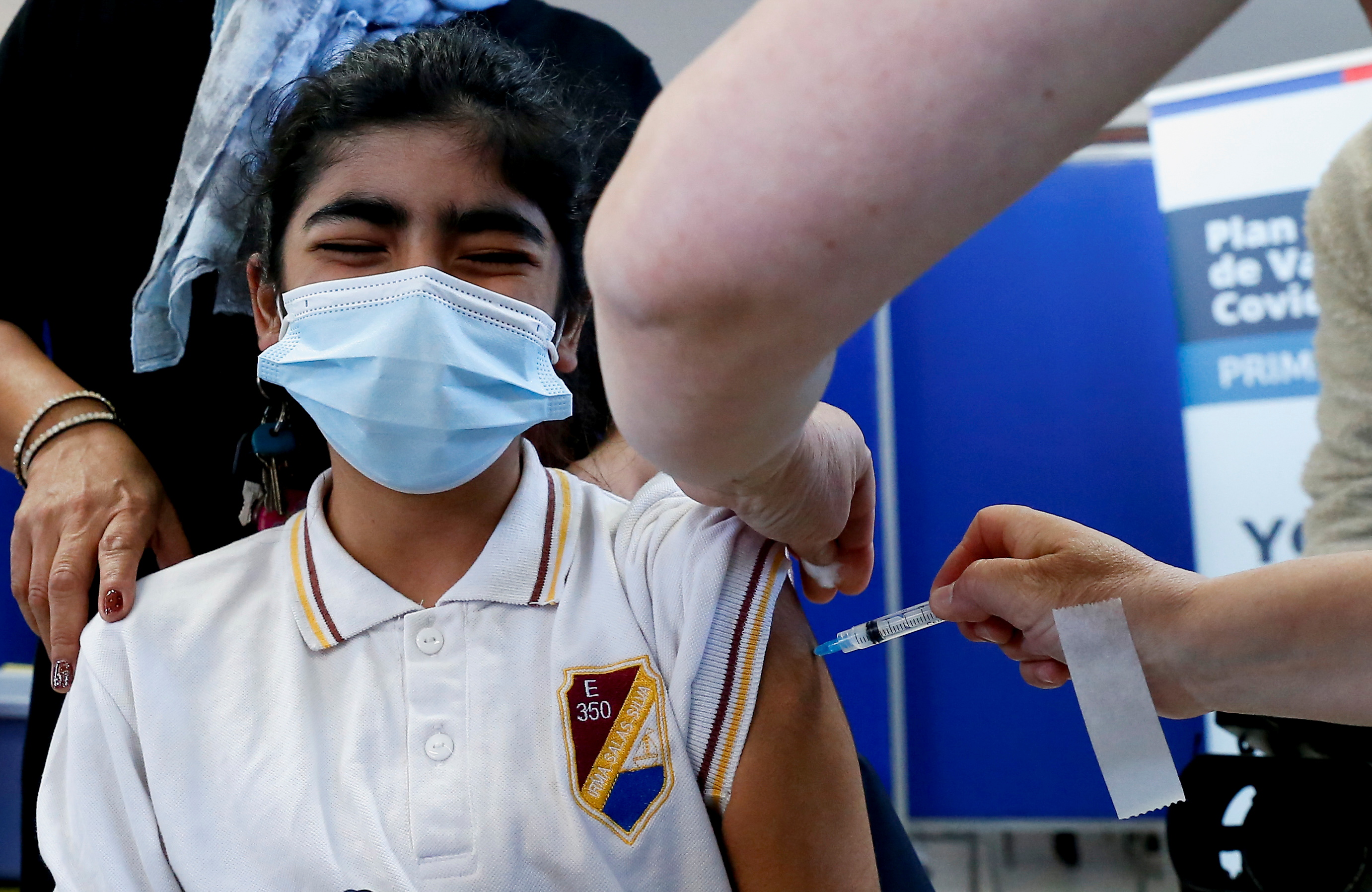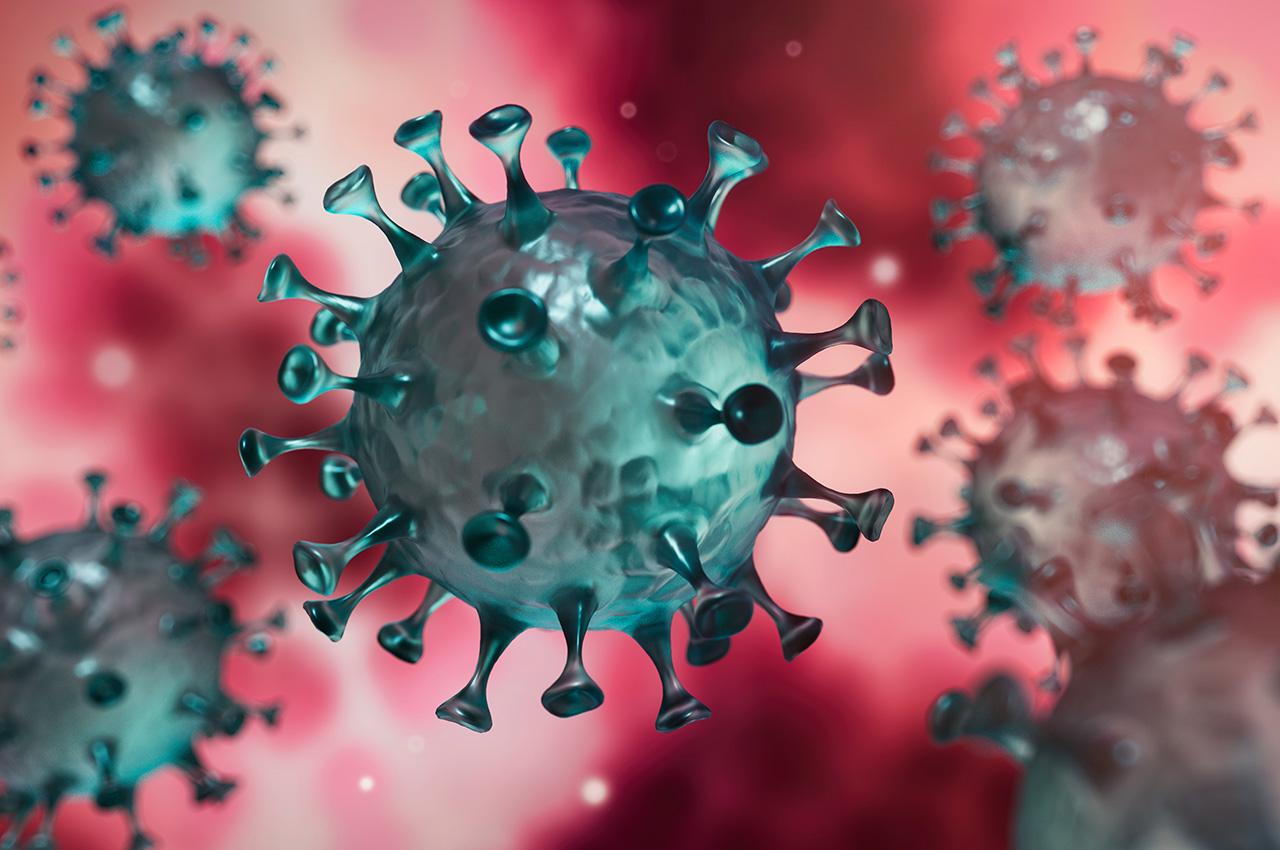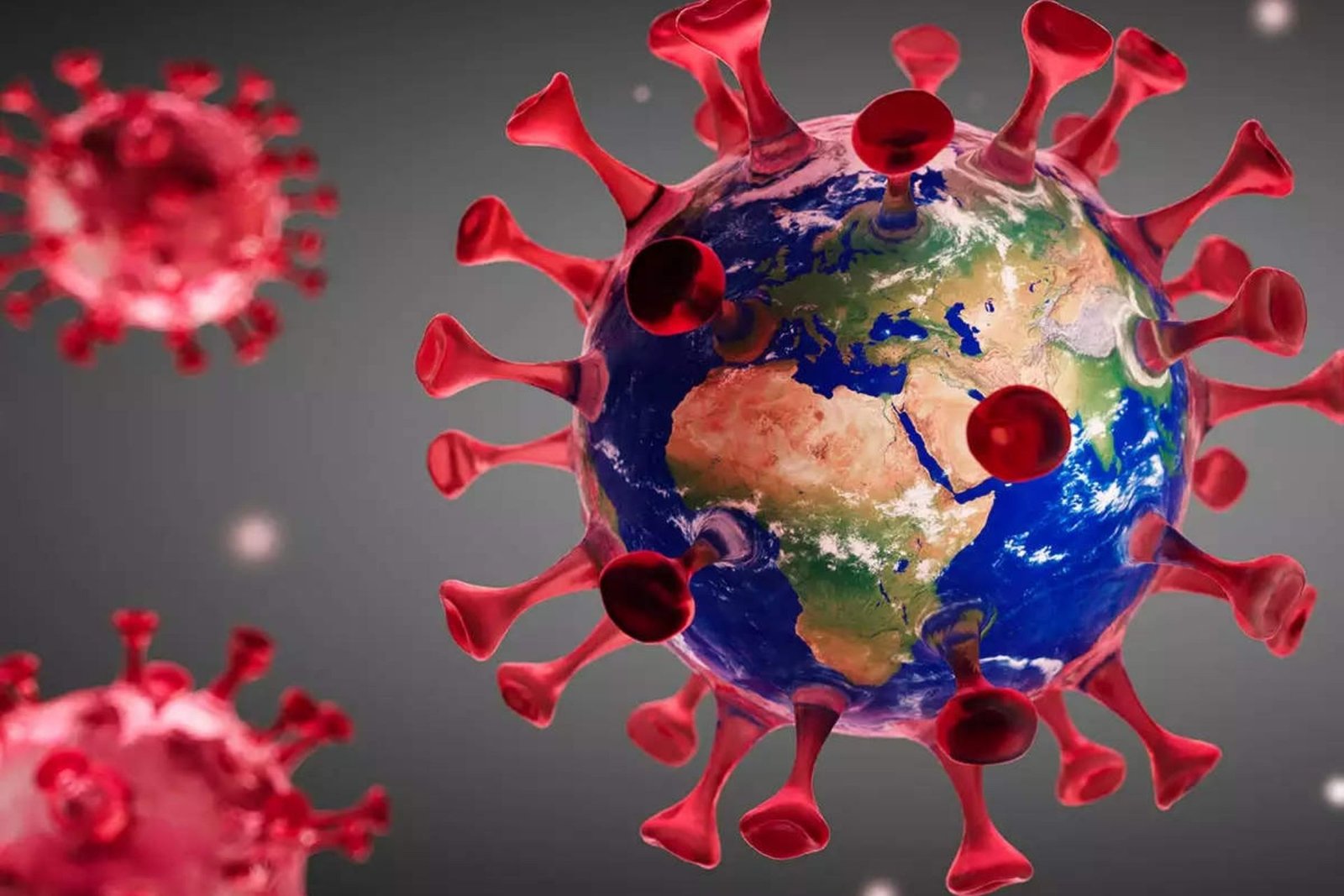(From “The Conversation”) – Eating disorders began to rise among young people shortly after the COVID-19 pandemic began.Experts believe the increase was caused by disruptions in daily life, emotional distress, and more time spent on social media – all of which have been linked to lower self-esteem and negative body image, according to research.According to one peer-reviewed study, eating disorder diagnoses among people under 30 increased by 15% in 2020 compared to previous years. Other research has found that patients who already had an eating disorder got worse during the pandemic. Eating disorder symptoms, as well as anxiety and depression, were reported to be on the rise, according to the researchers. Anorexia nervosa, bulimia nervosa, binge eating disorder, and other specific feeding and eating disorders such as atypical anorexia are examples of eating disorders. Individuals can develop eating disorders at any age, but the peak age of onset is 15-25 years old.We are a doctor and a psychotherapist who specialise in the treatment of eating disorders in adolescents and young adults.
In our own clinic, we’ve seen an increase in the demand for eating disorder services.What Does Seasonal Pattern Depression Mean? What are the warning signs?While eating disorders have historically been underdiagnosed in certain groups – specifically males, racial/ethnic minorities, and people who are overweight, LGBTQ, or from low-income families – the recent COVID-related increase in patients presenting for care has reinforced that no group is immune.When it comes to eating disorders, three groups of young people are frequently overlooked.
1. Young boys and men in their adolescenceHistorically, females have been the focus of eating disorder research.
This has made it more difficult for doctors, families, and patients to identify eating disorders in men. Adolescent boys, for example, may be more likely to focus on muscle strength and steroid use – indicators that traditional, female-focused screening tools and diagnostic criteria do not capture.
Newer research, however, suggests that men may account for up to half of all cases of eating disorders. While males are likely underdiagnosed in all categories of eating disorders, male adolescents appear to be more susceptible to avoidant restrictive food intake disorder. This is a relatively new eating disorder characterised by insufficient food intake but no concern about body shape or size.
Male athletes are increasingly self-reporting disordered eating, which is defined as a pattern of problematic eating behaviours such as dieting, skipping meals, and feelings of shame but does not meet formal criteria for an eating disorder diagnosis.
This means that high school coaches and athletic trainers may be a source of increased awareness and recognition of problematic food or exercise relationships in young males.2.
Lesbian, gay, bisexual, and transgender peopleRecent research has also found that disordered eating and eating disorders are more common in sexual and gender minority youth than in cisgendered heterosexual youth. This is thought to be linked to higher rates of body dissatisfaction, stigma, and victimisation in those populations.
Psychologists believe that the bias and discrimination experienced by gay, bisexual, and transgender youth increases stress, negative thoughts, and isolation.

This can lead to feelings of dissatisfaction with one’s body and eating disorders.Disordered eating and a focus on body shape and size may also be related to dissatisfaction with physical changes during puberty that are inconsistent with their gender identity in transgender youth.3. “Normal”-weighted adolescentMany eating disorders have nothing to do with being thin.
This means that regardless of body size, young people can develop serious medical complications as a result of eating disorders.
Adolescents with atypical anorexia nervosa, for example, meet the criteria for anorexia nervosa, such as intense fear of gaining weight or becoming fat, as well as persistent behaviour that prevents weight gain, but they are not underweight. They may, however, require hospitalisation due to severe malnutrition and potentially dangerous vital signs such as an abnormally slow heartbeat or low blood pressure.The mental health of children has been declared a national emergency.Individuals with bulimia nervosa, who binge eat and then use laxatives, laxatives, or other unhealthy behaviours to avoid weight gain, can also have a normal BMI.
They may, however, develop electrolyte imbalances and severe gastrointestinal problems.Observing the indicationsCaregivers, coaches, health professionals, and all others who interact with young people should be aware of the pandemic’s increased rates of eating disorders.

The signs that an adolescent is developing disordered behaviours or a full-fledged eating disorder are not always obvious. For example, an inability to take a rest day or working out more than recommended by a coach or athletic trainer; an intense focus on muscle building; avoiding eating in public; a sudden desire to eat “clean” or cut out certain food groups such as dairy, meat, or desserts; and use of steroids, diet pills, or laxatives are all indicators. Eating disorders are debilitating mental illnesses with enormous social and economic consequences. They also have one of the highest mortality rates of any psychiatric diagnosis and have a devastating impact on the lives of individuals and their loved ones.
______
COVID | Don’t forget to follow us on Twitter @njtimesofficial. To get the latest updates






